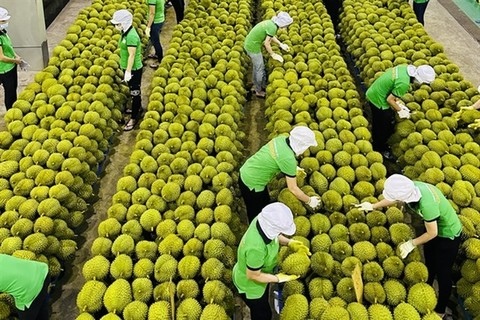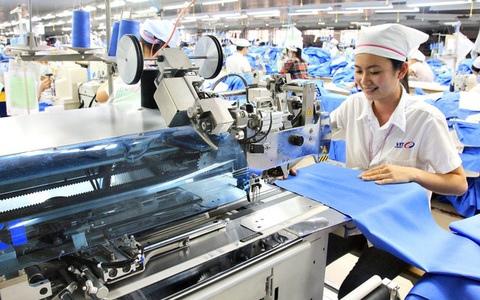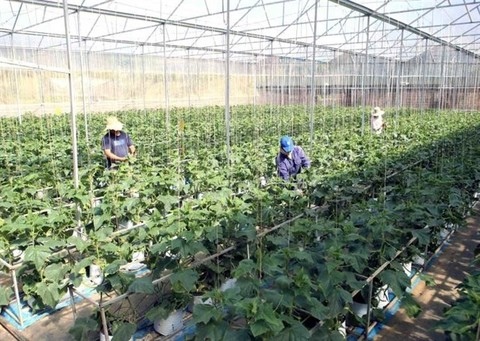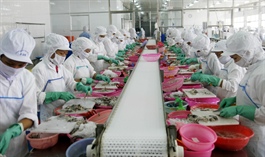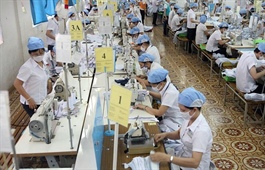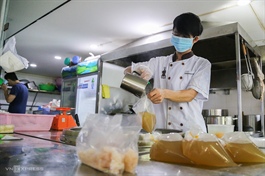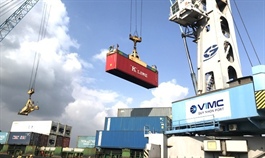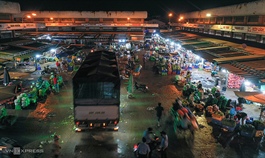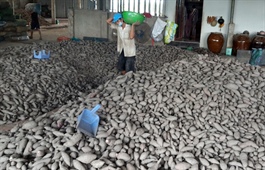Localities, firms urged to foster spice exports
Localities, firms urged to foster spice exports
Localities and firms in the spices and seasoning industry should devise production recovery plans, apply advanced technologies, diversify products and capitalise on recent new-generation free trade agreements to which Viet Nam is a signatory to bolster exports once COVID-19 is brought under control, a senior trade official has said.

Le Hoang Tai, Vice Director of the Trade Promotion Agency (Vietrade) under the Ministry of Industry and Trade, said Viet Nam’s agriculture sector along with the spices and seasonings industry have enjoyed a remarkable transition which turns the country into a supplier of those products for the global market.
Trade promotions and technical support have helped firms in the sector to surmount difficulties and develop sustainably by moving to produce more value added items, he said.
Vietnamese firms have also worked to gradually meet more stringent requirements of foreign trade partners and are able to provide added value products with high quality and food safety, Tai said.
He added among Vietnamese spices, peppercorn has gained a foothold on the international market and holds a lion’s share in export revenue.
At present, demand for peppercorn and others has been on the rise while global exports of such products declined due to difficulties caused by the ongoing COVID-19 pandemic including skyrocketing logistics fees.
During a recent virtual conference on Vietnamese spices and seasonings, First Secretary and Head of the Vietnamese Trade Office in Saudi Arabia Tran Trong Kim said the Middle Eastern nation consumed many kinds of spices, mainly imports from foreign countries, including Viet Nam, adding that the country had a high demand for organic food and spices.
However, Middle Eastern people had a habit of seeing, touching and feeling products before ordering them, so businesses should send samples to customers first. They should also send their goods to the Trade Office for display at the showroom on Viet Nam's export staples and other economic events.
Statistics showed that Viet Nam earned an average of US$10 million from exports of spices to Saudi Arabia each year.
Kim said imported food and beverage products had to be certified by the Saudi Food and Drug Authority (SFDA) which promulgates regulations on food hygiene and safety while supervising and advising people to remove products that are harmful to health.
That meant SFDA not only regulates but also strictly enforces food safety standards, whereby the agency has issued regulations on the allowable limit of antibiotics for all types of food, fresh fruit, vegetables and spices.
Therefore, Vietnamese businesses should contact Vietrade's Export Support Centre for support to avoid losses during transactions with partners.
The firms should also ask partners to make payment by letter of credit (LC), Kim said, adding that a deposit payment should also be included.
Moreover, Vietnamese goods exported to Saudi Arabia were packaged under names and brands of distributors. Thus, businesses needed to focus on building their own brand for their products to increase the position and reputation of the business, Kim advised.
Besides Saudi Arabia, India was also considered a lucrative market for Vietnamese spices, experts have said.
Bui Trung Thuong, Viet Nam's Trade Counselor in India, said that India's annual import turnover of flavorings and spices reached $1.4 billion, of which pepper imports reached $120 million with only $20-30 million from Viet Nam.
In order to foster exports to India, Thuong urged businesses to accelerate their appliance of science and technology and study the spices of other countries available in the market so that they could make products that could better meet the tastes of customers there and sharpen their competition with that of other countries.
For the European market, Pham Van Hien, Director of LTP Import Export B.V., one of the leading importers and suppliers of Asian-European Foods & Beverage in the Netherlands, said in order for Vietnamese spices to penetrate the European market, businesses needed to carefully study this market.
If companies did not have a market research department, they could participate in trade fairs such as Anuga of Germany to promote their products while updating information about the market on the websites of European associations and industries.
With tropical weather and diverse ecosystems, Viet Nam is rich in spices, including many very special and popular flavours such as cinnamon, anise, pepper, cardamom, cashew and chili.
Currently, Viet Nam is one of the leading exporters of a number of spices like cashew and peppercorn, which account for 80 per cent and 90 per cent of the world export volume, respectively. Vietnamese products are becoming better in quality thanks to improved technology in all stages from production to harvesting, processing and packaging.



